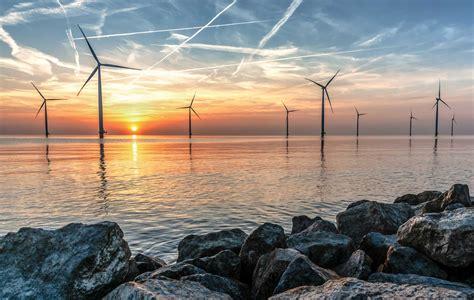With the world reeling from climate change, air pollution, and dwindling natural resources, clean energy has become one of the strongest weapons to guarantee a future that is sustainable. Unlike fossil fuels that pollute the environment and are finite in nature, clean energy is renewable, trustworthy, and friendly to the environment.
What Is Clean Energy?
Clean energy is derived from natural sources that replenish themselves perpetually. These include:
Solar power – harvested from sunlight by solar panels
Wind power – made by wind mills
Hydropower – derived from moving water
Geothermal power – gained from heat found in the ground
Biomass power – generated from natural waste materials
These energy sources do not create harmful greenhouse gases and decrease our carbon footprint.
Advantages of Clean Energy
Environmentally Safe: Clean energy does not release carbon dioxide and poisonous gases, which decreases pollution and global warming.
Sustainable: Renewable sources of energy, they won't get used up like oil or coal.
Economic Growth: Job creation and local economies are boosted by clean energy businesses.
Energy Independence: Reliance on foreign fossil fuels can be reduced as nations can produce their own power.
Most homes now power lights and devices using solar panels. Solar farms, wind farms, and hydroelectric plants are being constructed by cities to generate clean energy. Even electric vehicles (EVs) are becoming trendy as an option to petrol-powered vehicles.
What Can We Do?
Utilize and promote clean energy when accessible
Lessen the usage of electricity in the home
Promote other people on why clean energy is necessary
Impress upon schools and communities the implementation of solar lighting or power-saving measures
Conclusion
Clean energy is not just a solution, but it is a need. It shields the planet, makes economies resilient, and sets a healthier path for future generations. A future world is powered not by pollution, but powered by clean and smart energy.

